Nobody likes a liar. As kids, we were taught by our parents not to lie. In the school playground, getting caught telling a tall tale would see us subjected to poetic taunts about our pants catching fire. And as adults, we live in societies in which telling a lie under oath can have legal consequences.
The value placed on honesty isn’t specific to any culture, religion or ideology. Truthfulness is a universal virtue.
Also universal, however, is the harmless white lie – the cherished caveat, the exception to the rule. It’s where we find ourselves bending the truth, just slightly, to get out of an uncomfortable or difficult situation. It’s where we say what we think needs to be said, rather than what we know to be accurate, because we’re trying to avoid hurting a person’s feelings or offending them.
It’s not dishonesty, per se. White lies are justified under the circumstances and necessary, even! We’ve all been in those situations where telling the truth, the whole truth and nothing but the truth would be disastrous. Those situations where we need to tell a little white lie.
Or so I thought.
As Bahá’ís we are taught that truthfulness is “the foundation of all human virtues”. When I first came across this quote by ‘Abdu’l-Bahá, my eyes scanned lazily over the passage, without the full meaning actually sinking in. I took the quote to mean that truthfulness, like all the other virtues, was a good thing and, well, pretty important. Just like all the other good practices we are meant to aspire to.
But over time, I’ve come to see that truthfulness really is the foundation – the prerequisite, even – to all other virtues. And possibly one of the hardest!
As a society, we’ve been told that white lies in certain circumstances are acceptable – and with good reason. There are so many situations where being completely truthful is incredibly tricky! But what I’ve started to see is that when we stick to the gold standard of truthfulness – complete truthfulness – and deal with those difficult situations without fudging the truth, we create opportunities for ourselves to develop countless other virtues too.
Here are 3 tricky truthfulness situations. We’re all familiar with these situations where a harmless little white lie seems perfectly reasonable and acceptable – even preferable! But in each of these situations, taking the more difficult road of being 100% truthful allows us to reap the rewards of personal growth and the development of our virtues!
Scenario #1: Lying to spare another person’s feelings.
We’ve all been there. A friend excitedly asks what you think of the dinner he/she lovingly prepared. You take a deep breath before forcing yourself to have another bite – your struggle to find a polite response is matched only by your struggle to find your appetite.
The urge to just smile and say “It’s great, I love it!” comes from a good place. You are, after all, genuinely appreciative of the gesture and would hate to hurt your friend’s feelings.
It’s so much easier to just tell a little white lie but focusing on conveying our appreciation and being considerate of your friend’s feelings while also remaining truthful allows us to practice other virtues too.
By practicing thankfulness, we are able to focus more on the things that we can be positive about and draw attention to that instead. And by practicing tactfulness, we’re able to be honest about our opinions without sounding overly negative or offending the person.
Scenario #2: Lying to avoid conflict.
The most common method people use to deal with difficult conversations is simply to not have them.
In the past, I’ve found myself trying to maintain unity and peace simply by avoiding any semblance of conflict at all costs, without realizing that peace and conflict are not necessarily at two ends of a spectrum.
Lying to avoid potential conflict might seem like the easier thing to do – but it’s not being truthful. Truthfulness involves attempting to address the issue in an assertive and respectful manner. It’s harder to do because it requires that we deal with a sensitive and often emotional issue while practicing a superhuman level of detachment and understanding.
Being truthful in a situation like this builds a bridge of understanding between the two parties and provides them both with a great opportunity to develop hugely important consultation skills!
By addressing the issue sensitively and respectfully, we are also practicing assertiveness which helps us appreciate our own inherent worth as a human being! We are training ourselves to realize that we have the same right to respect that everyone else has.
Scenario #3: Getting out of a sticky situation.
Imagine the following situations. You’re late to an important work meeting and you tell your boss that you were up all night applying for other jobs and slept through your alarm. An acquaintance asks you if you’re free for dinner on Saturday night and you tell them that you are, but would much rather spend Saturday night alone at home watching a good movie.
It’s so much easier and so much more convenient – and so much more socially acceptable – to just say “I got stuck in traffic” or “I wish I could but I have a family dinner to attend”.
These situations are the trickiest, I think, because nobody would have every find out that you were actually free but couldn’t be bothered leaving your home or that you weren’t actually late because of heavy traffic.
I’ve often found myself in sticky situations where I’m tempted to make use of loopholes and talk myself out of a difficult situation by relying on technicalities. But in these situations, forcing myself to remain truthful and reap the consequences of my actions – no matter how unpleasant – has had one major advantage: it’s teaches me to plan better for the next time.
It’s helped me to practice the often-underused virtues of diligence, orderliness and responsibility. I find myself procrastinating less and being more punctual to meetings because the thought of having to admit that I’m late to something because I was watching TV trumps any enjoyment I could possibly get from watching the show!
Most of all, however, practicing truthfulness has helped me to practice integrity – dong the right thing even if nobody else would know if I didn’t.
What situations have you been in where you’ve had to struggle to be truthful? How has choosing to be truthful helped you develop your other virtues?
Posted by
In her professional life, Preethi has dabbled in various combinations of education, community development and law. At heart, though, she's an overgrown child who thinks the world is one giant playground. She's currently on a quest to make learning come alive for young people and to bring the world's stories and cultures to them, with educational resources from
One Story Learning.

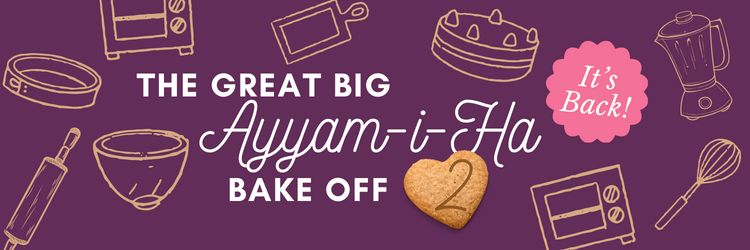






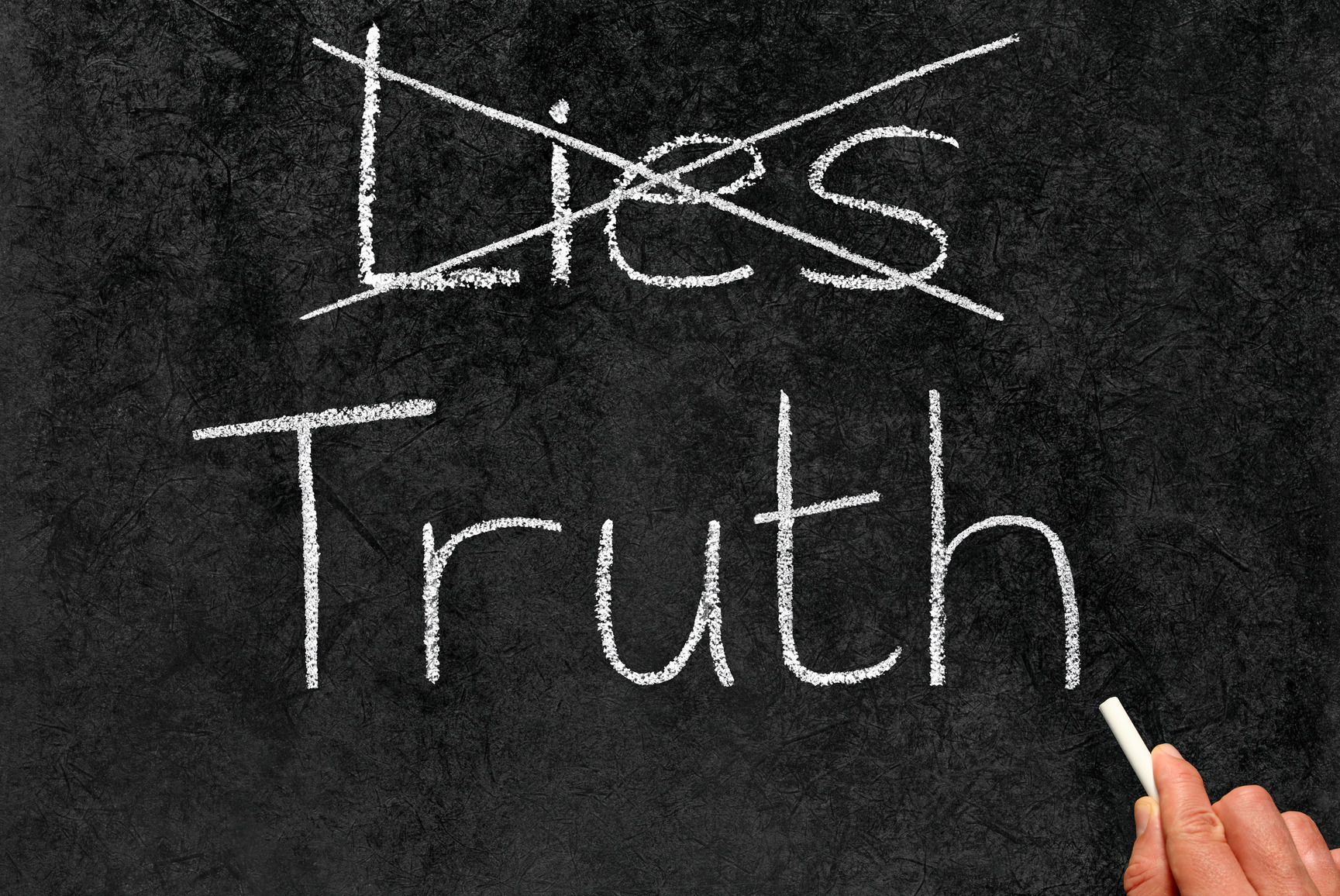
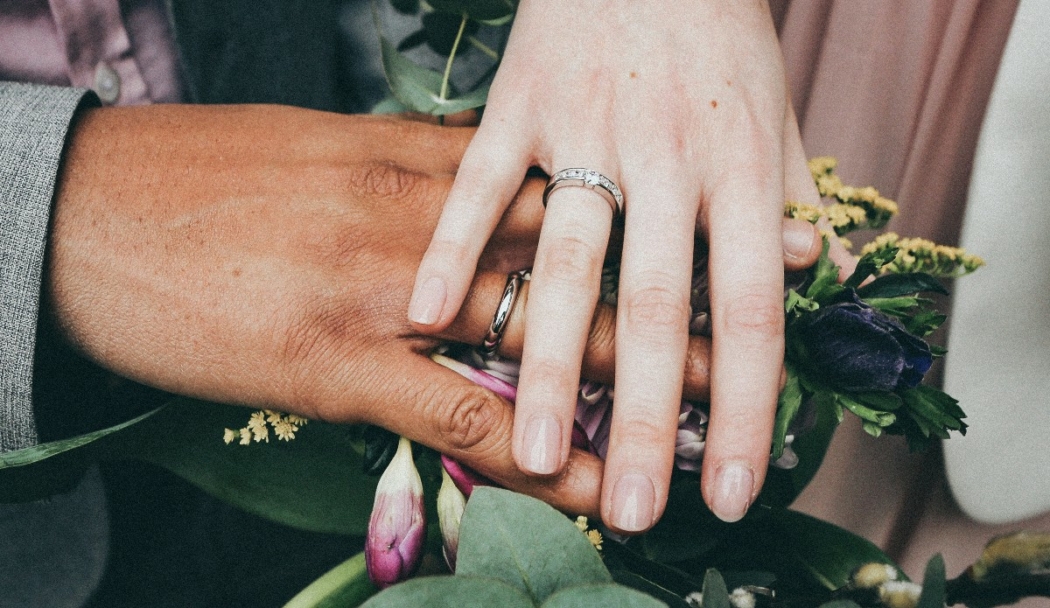

























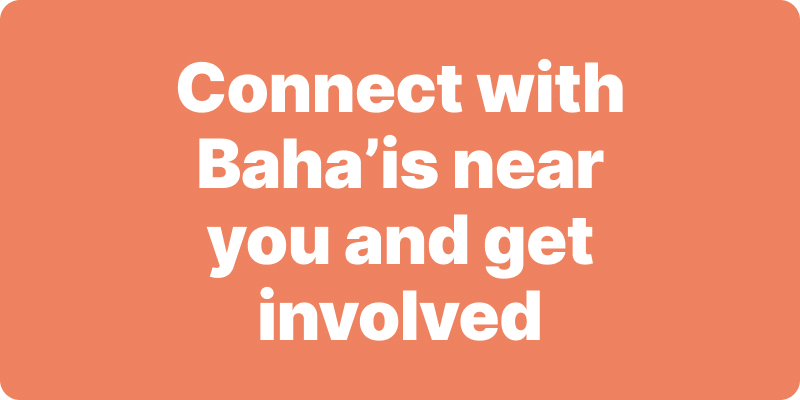
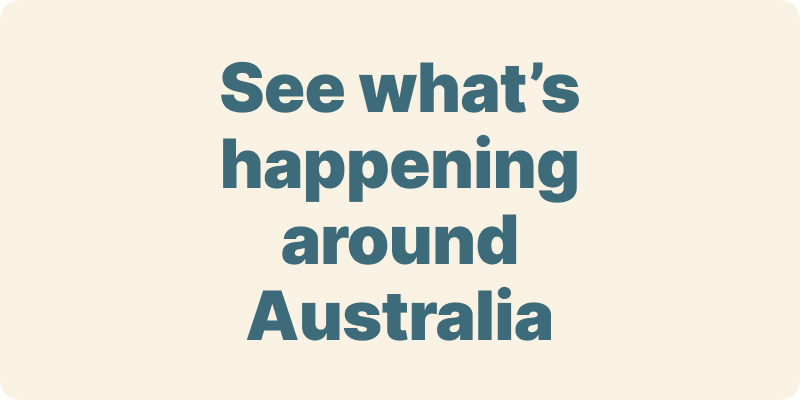
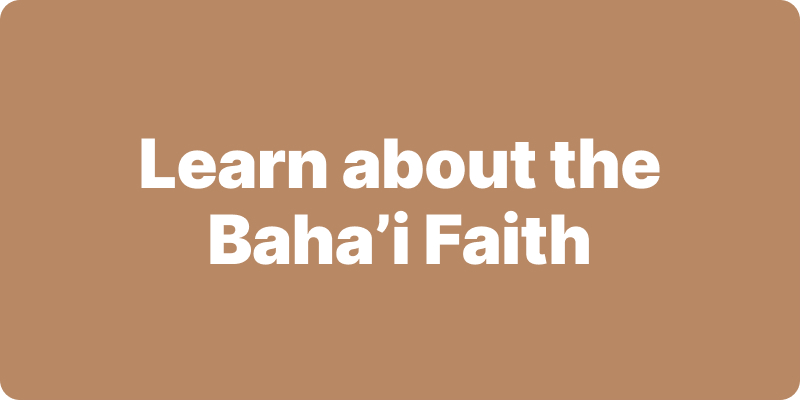


I’ve come to realize that the virtue of truthfulness applies also to being truthful to yourself. Lying to yourself that you are okay or that you don’t need help only causes more insecurities. Truthfulness builds clarity, and the truth will set you free.
Elena (November 11, 2011 at 7:49 AM)
So true, Elena! That’s such a great point and a whole post by itself. Stay tuned 😉
Preethi (November 11, 2011 at 5:02 AM)
Great post once again Preethi! Love your writing style. Half way through I was contemplating on it all, thinking about how when you make the commitment not to ever lie, you change your behaviour in other ways. Another common pitfall for telling a white lie is to take a few dollars off the price of something when you’re asked by your spouse how much it was – I’ve realised that if I just am honest with it in the first place and consult on purchases I think my spouse may not appreciate, then both our relationship grows, and my spending becomes wiser rather than based on impulse 🙂
Corinne (November 11, 2011 at 7:52 AM)
So true! Your mentioning that just made me realise that I do that all the time too – for other reasons. I shave dollars off when I’m embarrassed to admit paying a certain amount of money for something. I should probably be thinking harder about my purchases instead! Thanks for the kind words, Corinne 🙂
Preethi (November 11, 2011 at 5:04 AM)
Great post Preethi! I could totally relate to what you were wrote!
Neysan (November 11, 2011 at 10:37 AM)
Ok, I could not totally relate to what you WERE (typo) wrote hahahaha. I related to what you wrote. And It’s not a white lie because I’m trying to be polite!
Neysan (November 11, 2011 at 10:39 AM)
Great post. I think we all get to practice this virtue everyday by getting exposed to these or other similar situations. How we deal with each situation will determine if next time we will take it a bit further or it becomes normal to just say something when it is not true. So this is a hard virtue to practice but as it is in the foundation we get to practice it more often and can become better at dealing with the situation, like the foundation of the building that has the weight of the structure on it and is always under pressure and is getting tested. Thanks for raising this post, its good to think about it on regular basis.
sepehr (November 11, 2011 at 9:26 PM)
That’s really true! I’ve really found that the more truthful I can be, the more easy it is to be assertive. You go from thinking “well, I can’t say THAT” to realising why you’re uncomfortable saying something and reminding yourself of what you should be able to say comfortably and respectfully.
Preethi (November 11, 2011 at 5:07 AM)
I loved this post Preethi and I am of the same opinion as Corinne and Elena about truthfulness.
Niloufar (November 11, 2011 at 1:25 AM)
Thanks so much for reading and commenting!
Preethi (November 11, 2011 at 5:07 AM)
Hahaha! Thanks so much Neysan. Glad you enjoyed it!
Preethi (November 11, 2011 at 5:13 AM)
I realized that there is magic in saying the truth.. I remember that one day I was thinking about an excuses to tell my supervisor why I was late and I decided that I’m going to tell her the truth and deal with the discomfort of being looked down on. Then the magic happened and she was late her self and she apologized for being late. The truth some how save my face by the magic that comes with it. 🙂
Sironaj (November 11, 2011 at 4:11 PM)
That’s a lovely example! Thanks for sharing with us Sironaj!
Preethi (November 11, 2011 at 1:08 AM)
I think about this quote alot and thank you for bringing this to the forefront. I ask myself, first of all, what is truth? And then, I try to figure out what is being truthful. One answer that comes to me is the basic fundamental truth of the reality and oneness of God. That is really the only truth we know, isn’t it? So being truthful requires that we acknowledge and manifest or reflect that reality in everything we do. And I think Preethi has shown some ways of doing just that – by acquiring virtues which emanate from God, the True One. Just a thought. Thanks again for giving this opportunity to reflect.
Mary (November 11, 2011 at 11:24 PM)
That’s a really nice way of looking at it, Mary! I’ve never seen the quote that way. Thanks for sharing your insights! 🙂
Preethi (November 11, 2011 at 1:09 AM)
Truthfulness is the foundation of all human virtues.
Well, dear Preethy, I was wondering a long time why it is the ”foundation”, the base for all the other virtues. But finally I see that there is a simple reason. I only need to look at my own life. I had alway difficulties to let anybody getting close to my heart (even some family members). I didn’t understand this myself because I always thought that I had had a happy childhood, loving parents, many good friends…….. but at the same time I always felt that something was wrong. Now, 30 years later, I realize that some people lied to me many, many times. Big lies and small lies. They did so because they thought they needed to protect me. They really thought that a lie would be easier to live with, for me, than the truth. Of cause sometimes the truth is very hard to say, but the wounds that lies cause, heal less good as those that are caused by the truth.
Because:
If somebody tells you the truth in difficult situations, you know, and you feel that you can trust him. That give you the feeling of confidence and real love.
And that is what you need if you want to talk ‘from heart to heart’ like Abdu’l-Bahá tells us, so many times, to do.
Truthfulness is the foundation of all human virtues.
Janet (November 11, 2011 at 4:04 PM)
Dear Janet, thank you so much for sharing that! That’s really true – society would look so vastly different it everyone had trust and confidence and each other.
Is there a quote in particular you were thinking about in relation to talking “heart to heart”? I was having a long discussion with some friends about this and I would love to read more about this!
Preethi (November 11, 2011 at 9:21 PM)
[…] Baha'i Blog had something on this Here is a link to the talk 3 Tricky Truthfulness Scenarios | Baha'i Blog Regards […]
Honesty - Baha'i Forums (October 10, 2012 at 10:28 AM)
While I agree that truthfulness is an important virtue, I have to beg to differ about your absolute interpretation here. Here are some of Bahá’u’lláh’s writings which guide my thinking in this respect:
“Know assuredly that just as thou firmly believest that the Word of God, exalted be His glory, endureth for ever, thou must, likewise, believe with undoubting faith that its meaning can never be exhausted… How great the multitude of truths which the garment of words can never contain! How vast the number of such verities as no expression can adequately describe, whose significance can never be unfolded, and to which not even the remotest allusions can be made! How manifold are the truths which must remain unuttered until the appointed time is come! Even as it hath been said: “Not everything that a man knoweth can be disclosed, nor can everything that he can disclose be regarded as timely, nor can every timely utterance be considered as suited to the capacity of those who hear it.”
“O SON OF DUST! The wise are they that speak not unless they obtain a hearing, even as the cup-bearer, who proffereth not his cup till he findeth a seeker, and the lover who crieth not from the depths of his heart until he gazeth upon the beauty of his beloved. Wherefore sow the seeds of wisdom and knowledge in the pure soil of the heart, and keep them hidden, till the hyacinths of divine wisdom spring from the heart and not from mire and clay.”
I believe that not all truths can be uttered at all times. I also believe that we must strive to act with love, kindness, tact, wisdom, maturity and discernment. We must reflect wisely and maturely, look to the end of things and act accordingly.
Here are three examples of the need NOT to respond with truthfulness:
Lord Buddha sat under a tree and observed a deer run by. Shortly after this, some hunters approached the area looking for the deer. When they asked Buddha which direction the deer had taken, He pointed in the opposite direction to that which the deer had taken.
We are living in Nazi Germany (Rwanda at the time of genocide, Congo or other locations throughout the world, during the time war and conflict), and have agreed to shelter and hide some Jews in our house, in order to save their lives. The gestapo knocks on our door demanding to know whether we have any Jews in the house. They want to take them away to concentration camps. Do we reply honestly in this situation? Of course not!
A person who suffers from mental health issues, which relate to having been abused at home and bullied at school, approaches us asking for an honest opinion about their appearance. We know that they suffer from extremely low self-esteem, due to having been abused and bullied, low mood, issues to do with body image and suicidal tendencies. Do we reply with brutal honesty, in the knowledge that this might be the one thing which finally pushes them over the edge? Of course not!
“Deal ye one with another with the utmost love and harmony, with friendliness and fellowship.”
“A kindly tongue is the lodestone of the hearts of men. It is the bread of the spirit, it clotheth the words with meaning, it is the fountain of the light of wisdom and understanding.”
“O SON OF SPIRIT! My first counsel is this: Possess a pure, kindly and radiant heart, that thine may be a sovereignty ancient, imperishable and everlasting.”
“O SON OF SPIRIT! The best beloved of all things in My sight is Justice; turn not away therefrom if thou desirest Me, and neglect it not that I may confide in thee. By its aid thou shalt see with thine own eyes and not through the eyes of others, and shalt know of thine own knowledge and not through the knowledge of thy neighbor. Ponder this in thy heart; how it behooveth thee to be. Verily justice is My gift to thee and the sign of My loving-kindness. Set it then before thine eyes.”
Helen (May 5, 2014 at 5:56 PM)